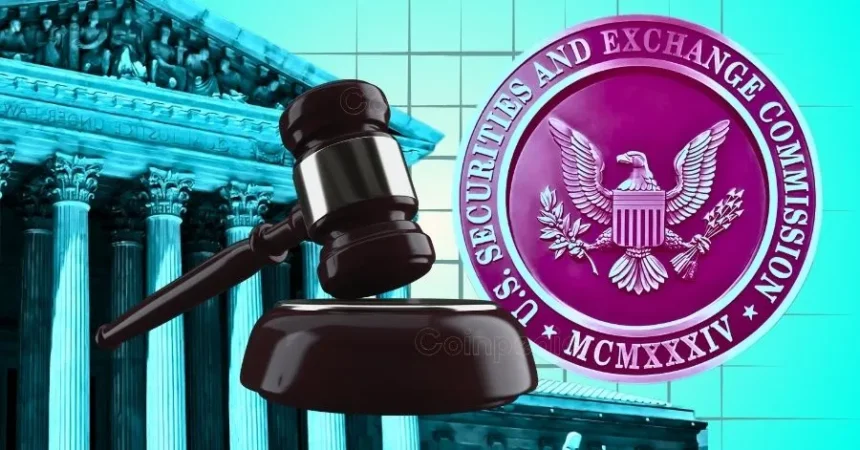The post SEC is ‘Very Interested’ in Crypto Staking, Requests Industry Insights Ahead of New Guidelines appeared first on Coinpedia Fintech News
The election of Donald Trump has increased anticipation for significant policy changes in the US digital asset sector. A recent tweet indicates that the SEC is taking a significant interest in crypto staking and may be on the verge of issuing new guidelines. However, before formalizing any staking policies, the SEC is currently seeking feedback from the industry.
SEC is ‘Very, Very Interested’ in Staking
According to FOX Business reporter Eleanor Terrett, the US SEC is increasingly focusing on crypto staking and might soon release new guidelines on the practice, based on information from a source who recently spoke with the securities regulator.
Interestingly, SEC has requested the industry to submit a detailed memorandum on the various types of staking and their advantages. The source anticipates that the SEC will provide some form of guidance on crypto staking shortly.
Also read: SEC Drops Case Against Crypto Firms – A Win for DeFi & Blockchain Innovation
Previously, the SEC acknowledged a 19b-4 filing by the Cboe exchange, which sought approval for including staking features in the 21Shares Core Ethereum ETF (CETH). This might be seen as a positive change, as crypto ETFs were previously prohibited from engaging in staking activities under SEC Chair Gary Gensler’s tenure, citing violations of securities laws.
Last week, the SEC’s Crypto Task Force discussed adding staking to crypto exchange-traded products (ETPs) with Jito Labs and Multicoin Capital Management. They reviewed two staking models for ETPs: the Services Model, which uses validator services to allow asset staking with timely redemptions, and the LST Model, which uses liquid staking tokens to represent staked assets.
The meeting also revisited prior issues with staking in ETPs, such as redemption delays, tax consequences, and the legal status of staking services. The firms pointed that excluding staking reduces both the potential returns for investors and the overall security of the network by limiting asset staking.




